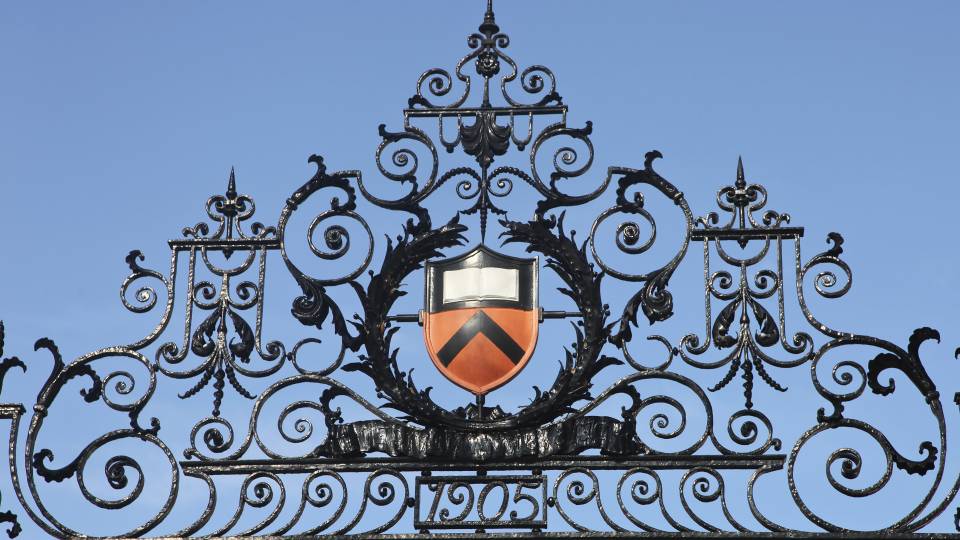The town of Princeton also implemented changes this summer to comply with state guidance. For example, traffic on Witherspoon Street in Princeton has been modified to one lane of one-way traffic to accommodate more space for outdoor dining and curbside pick-up.
Princeton University has announced the second phase of the Princeton University Relief Fund (PURF) that will focus on relief for small businesses in the Municipality of Princeton impacted by the pandemic.
PURF was established in April with a $1 million commitment to provide direct support to community organizations in the greater Princeton area that are working to alleviate economic distress related to COVID-19. The fund was designed to roll out in phases, as needs are identified. The first phase of disbursements, a $500,000 commitment, focused on support for community organizations actively engaged in addressing food and housing insecurity, reduced and lost income, child care, and behavioral and mental health needs.
To support small businesses in Princeton, the University is making an initial contribution of $250,000 to the Princeton Small Business Resiliency Fund (PSBRF). This new relief program, formally launched on June 25 with the University’s contribution, was devised through the leadership of Mayor of Princeton Liz Lampert and Council Member Michelle Pirone Lambros in coordination with the Princeton Mercer Regional Chamber of Commerce Foundation.
In addition to the University’s initial contribution to PSBRF of $250,000, it will provide a dollar-for-dollar match of up to the next $100,000 in additional contributions to the fund. Individuals interested in supporting local businesses in Princeton may contribute to PSBRF by mailing a contribution to the fund: c/o Princeton Mercer Chamber of Commerce Foundation, 600 Alexander Road, Suite 3-2, Princeton, NJ 08540.
PSBRF intends to provide up to $5,000 per applicant to support needs caused by the pandemic. In order to qualify, the business must be for-profit and have a storefront in the Municipality of Princeton that is open to the general public; and must have been in business in since September 2019, with 25 or fewer employees and less than $2 million in gross annual revenue, or if a restaurant, up to $5 million.
Small businesses may use the PSBRF grants for a range of recovery activities including: renovations to facilitate social distancing, adaptations to their website to promote business activity, cashless payment system expenses, deep cleaning supplies, PPE, emergency employee assistance with child care expenses and to defray marketing costs.
A committee of Chamber Foundation members and community leaders will facilitate the grant application process. The foundation has engaged Union County Economic Development Corporation (UCEDC) to assist the committee in the evaluation and review of grant applications.
Additional information about the Princeton Small Business Resiliency Fund and the application are available online. Applications are being accepted July 1-31, 2020.
University relief efforts include food-nutrition program, PPE donations, blood drives, volunteer opportunities
The University has been providing relief efforts to the local community in numerous ways since the beginning of the pandemic. These include, but are not limited to:
- Addressing food insecurity. On June 23, the University announced the Summer Food and Nutrition Program. An initiative of Campus Dining, the Office of Community and Regional Affairs and the John H. Pace, Jr. ’39 Center for Civic Engagement, the program will coordinate with the Princeton Public Schools and three area nonprofits to provide approximately 9,500 meals a week to be distributed to an estimated 1,800-2,000 at-risk families, children and individuals in surrounding communities for six weeks this summer. Campus Dining has also donated a range of perishable and nonperishable food items — from liquid eggs to basmati rice and granola — to the Trenton Area Soup Kitchen and Arm in Arm.
- Donation of personal protective equipment. Over the past three months, the University has been identifying and delivering personal protection equipment (PPE) — including gloves, masks, respirators, surgical gowns and other items — from labs and other sources on campus to support emergency services in Mercer County, the Municipality of Princeton and West Windsor Township. Most recently, on June 22, the University donated more than 3,000 PPE items including gloves, masks and N95 respirators to support first responder and healthcare worker needs throughout Mercer County.
- Volunteering in the community. Faculty and staff are offering their time as volunteers through the University’s Special Activities and Resources Group (SARG), which matches appropriate volunteers with relevant projects.
- Blood drives. In partnership with the American Red Cross, the University held a series of community blood drives in April and May. More than 200 people made donations over five days. The total collected was 219 productive units, which will provide for up to 657 hospital patients. Appropriate safety and social distancing guidelines were followed. A summer blood drive will be held on July 7. For more information visit the American Red Cross website.
























